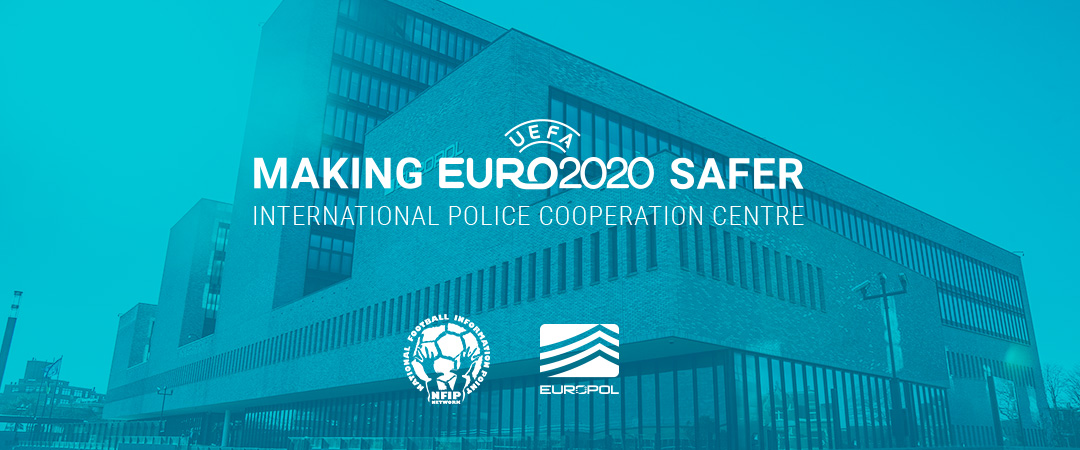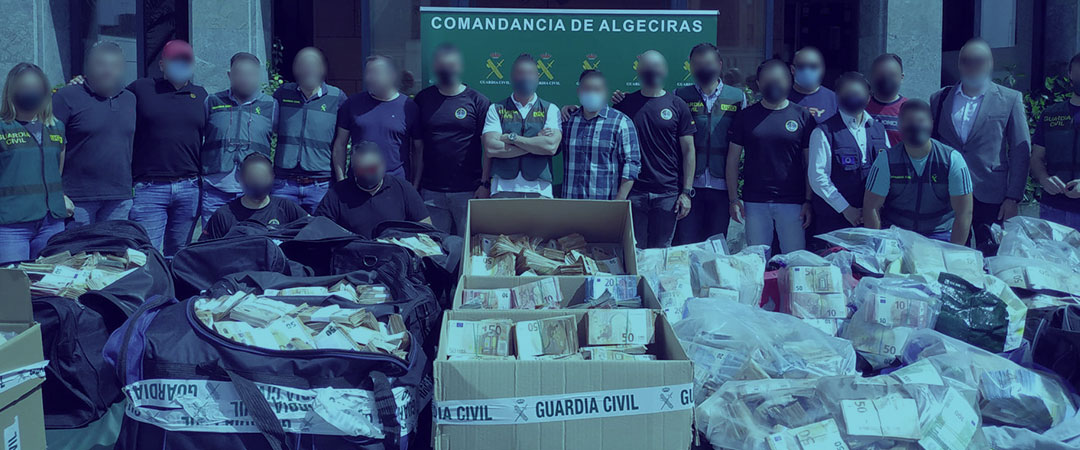Remarks by President Charles Michel ahead of the G7 summit, 11-13 June 2021

Le G7 doit être capable de se mobiliser pour aborder les plus grands défis auxquels nous sommes confrontés. D’abord soutenir et promouvoir un ordre international fondé sur des règles, démontrer que les sociétés libérales démocratiques sont les mieux armées pour relever les défis, faire reculer les différentes menaces, vaincre la pandémie, soutenir un projet de prospérité économique et progresser tous ensemble dans la lutte contre le changement climatique. Le paradoxe avec cette pandémie est le suivant. D’une part, le monde a été mis au ralenti par cette pandémie. Par contre, la coopération internationale s’est considérablement renforcée et intensifiée. Et ce sera encore le cas dans les prochains jours avec cette réunion du G7, mais également avec d’autres sommets internationaux qui auront lieu, y compris à Bruxelles.
I would like to focus on four areas where G7 cooperation is particularly needed: first, global health; second, foreign policy; third, climate change; and fourth, corporatisation.
First, global health. We must make sure that the world is being vaccinated as quickly as possible. The EU is at the forefront of ensuring global equitable access to vaccines, especially to developing countries. And the G7 as a whole are major producers of vaccines. The EU is the largest exporter of COVID-19 vaccines to the world. So far, we have exported more than 270 million doses and we are a top contributor to the Covax facility, with over 2.8 billion euros. We will donate at least 100 million doses by the end of the year. We must also strengthen manufacturing capacities around the world. So we will invest one billion euros to boost vaccine production in Africa. We are also ready to work in Latin America to develop projects in this part of the world.
The question of intellectual property rights will likely be raised in this context. A patent waiver might sound good, but it’s no silver bullet. The TRIPS agreement already offers flexibility, and we want to focus on concrete proposals such as promoting voluntary licencing and knowledge transfers and patent pooling on mutually agreed terms. G7 leaders will also discuss how best to prepare for future pandemics, building on the Rome Declaration. And this idea of a treaty is now supported by more than 60 countries. The World Health Assembly has just decided two weeks ago to start examining such a treaty. It has taken the unprecedented decision to convene a special World Health Assembly in November to legally decide on the launch of formal negotiations.
Second important topic, foreign policy. The G7, together with four guest countries, Australia, India, South Africa and South Korea, will reaffirm our belief in open societies, multilateralism and democratic values. These values underpin the actions we take, the policies we develop, and the partnerships we build. In this context, Russia will be one of the main topics. G7 partners share similar views on Russia’s disruptive activities. The EU condemns illegal, provocative and disruptive Russian activities against the EU, its member states and beyond. I stressed this to President Putin in a phone call this week. On the conflict in eastern Ukraine, I will repeat that we do not see Russia as a mediator, but as a party to the conflict. We do not and will not recognise Russia’s illegal annexation of Crimea.
At last month’s European Council, EU leaders took rapid action against the authorities in Belarus for the forced landing of a flight. This was an attack on democracy, the media and freedom of speech, but also civilian aviation safety. And this robust action has set the tone for the international response to this incident. We once again call on the Belarus authorities to immediately release Roman Protasevich and Sofia Sapega and all political prisoners. At the summit we will, of course, also discuss our complex relationship with China. The EU’s approach is clear: China is a partner, a competitor and a potential systemic rival. We must strike the right balance for our best interests between engagement and standing firmly by our values. We have to work with China to address global challenges, like climate change, or regional issues, like Afghanistan or the Iran nuclear deal. And economic relations with China are important for economic recovery. At the same time, we will defend ourselves against practises that pose security risks, distort the level playing field, or are incompatible with our values. We will continue to stand up to defend human rights and the rule of law in Xinjiang, Hong Kong and elsewhere.
La promotion de nos valeurs fondamentales, la défense des droits humains, c’est ce que nous voulons faire aussi quand nous sommes engagés, par exemple, dans la Corne de l’Afrique et spécialement en Éthiopie. Nous dénonçons des violations extrêmement graves des droits humains et nous faisons appel à la mobilisation pour donner les accès humanitaires. Nous soutenons la demande pour des enquêtes internationales afin de qualifier les éléments graves de violations auxquels nous sommes confrontés sur le terrain, et de donner les conséquences que méritent ces évènements.
Un mot maintenant sur la question du financement du développement, et spécialement les relations avec le continent africain. Nous appelons à la mise en place d’une nouvelle alliance avec le continent africain, une forme de plan Marshall avec l’Afrique. C’est le sens d’un appel que nous avons soutenu pour mobiliser à la fois le débat en lien avec les remises et les restructurations de dette, premier point pour générer des capacités de financement. Deuxième élément, pour poursuivre le débat sur les droits de tirage spéciaux dans le cadre du Fonds Monétaire International, nous avons été plusieurs à exprimer l’objectif de 100 milliards qui doivent pouvoir être réalloués vers le continent africain. Mais il faut également être engagés pour renforcer la gouvernance et veiller à ce que la mobilisation des ressources domestiques soit plus forte au service de projets de développement économique, et de projets de cohésion sociale dans le continent africain.
Quelques mots rapidement sur l’engagement climatique. Vous savez que c’est au cœur des priorités de l’Union européenne. Vous savez aussi que nous avons été constants, tenaces, déterminés pour tenir en haut de l’agenda international ce sujet : la neutralité climat à l’horizon 2050. Et le renforcement de nos objectifs à l’horizon 2030, eu égard à cet engagement climatique, est aussi un levier pour plus d’innovation, pour plus de prospérité et pour garantir le respect pour notre planète. La biodiversité est un sujet pour lequel nous sommes également engagés. Nous aurons aussi l’occasion d’aborder cette importante question.
En conclusion, vous l’avez compris, il y a trois points clés à nos yeux pour ce sommet. Le premier, c’est l’affirmation de nos valeurs démocratiques, de l’État de droit. C’est l’affirmation de l’ambition des États démocratiques d’agir et pas simplement de réagir, d’agir pour promouvoir nos valeurs. Le deuxième élément, c’est travailler ensemble sur le terrain de la prospérité, de la fiscalité internationale. L’impôt des sociétés et les progrès qui sont réalisés après la réunion des ministres des Finances du G7, la question du “level playing field”, la question d’un prix du carbone, sont autant de thèmes qui devront être débattus. Et le troisième point, c’est travailler avec nos partenaires de façon intelligente, de façon positive et constructive, pour garantir de la stabilité, pour réduire les risques de conflits, pour mieux prévenir les menaces. Et lorsque nous sommes confrontés à des conflits, pour tenter de trouver des solutions durables et les plus inclusives possible.
Voilà les quelques éléments qui forment le cadre de nos travaux dans le cas de cette première réunion du G7 à laquelle nous allons participer de manière physique. Je vous remercie.

